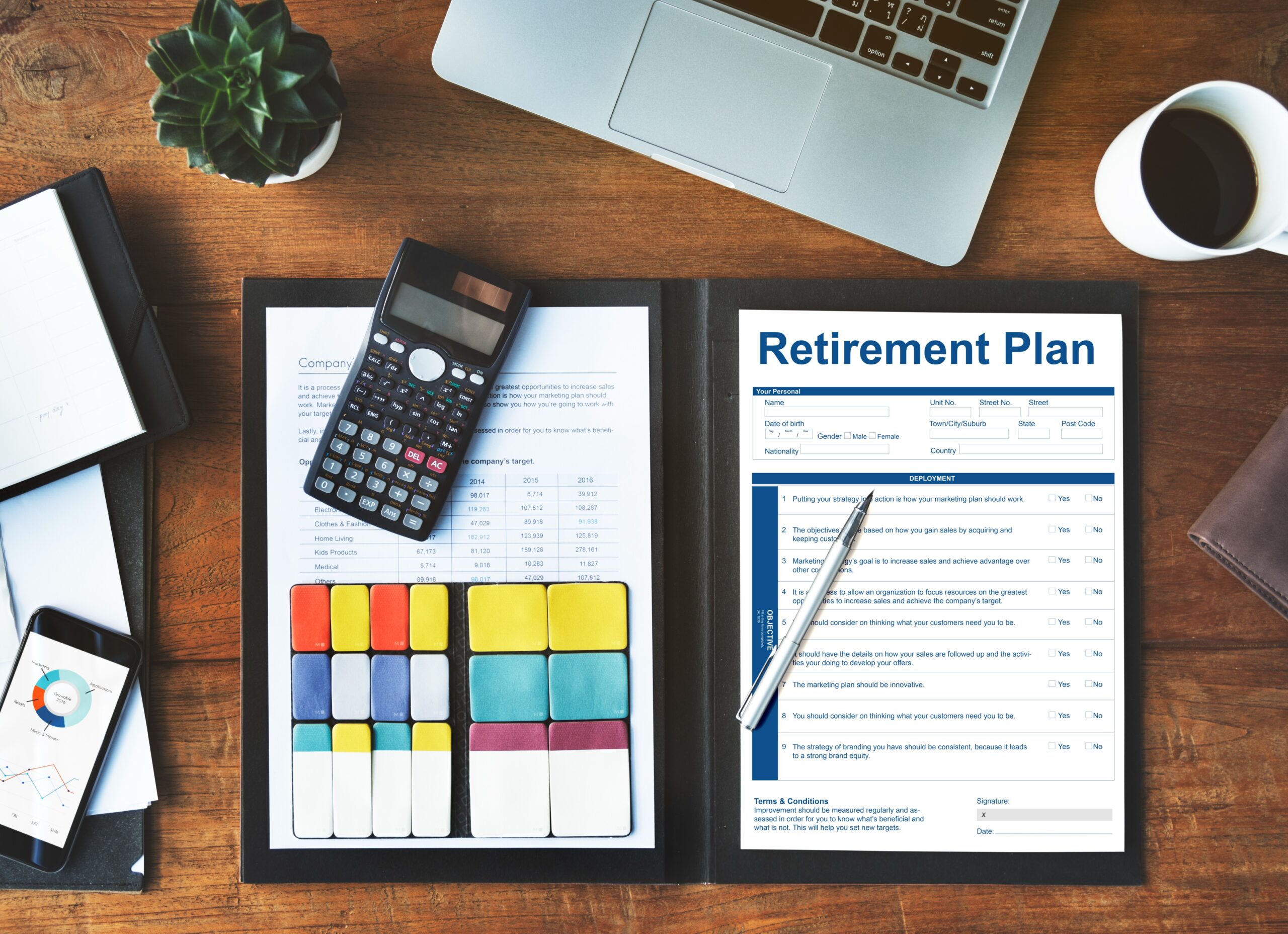Your retirement planning should begin as soon as possible, whether you’re just beginning your career or are towards the ending. One thing to keep in mind while contemplating retirement is that the sooner you begin, and the better off you will be in the long run. Plus, you are not alone in this situation. There are many individuals who have begun saving for retirement later in their career because of some suggestions on how to optimize retirement savings. The advice in the following article is sure to come in handy as you work toward your retirement goals.
The earlier you start, the better
The most important piece of retirement investing advice is to get started right now!! Compounding returns work best when your money has time to grow. Even if you don’t have a lot of money to invest right now, you may still enjoy the benefits of compound interest. Any start, no matter how small, will have an impact over time. If you’re just starting out, start with a little amount and gradually raise it over time. Smart, isn’t it?
Grab the 401(k) or 403(b) company match
It’s a good idea to contribute up to the amount your company matches if you have a retirement plan at work. It will be simpler for you to save a larger amount over time because of the 401(k) and 403(b) plans.
For-profit corporations provide 401(k) plans to qualifying workers who make pre- or post-tax contributions via payroll deductions, while non-profit and government employees have access to 403(b) plans. However, 403(b) plans are excluded from testing for non-discrimination.
Consider opening an Individual Retirement Account (IRA)
Having an Individual Retirement Account (IRA) can help you develop a pension pot. There are two kinds of individual retirement accounts (IRAs): traditional IRAs and Roth IRAs. An Individual Retirement Account (IRA) may provide you with a wider range of low-cost investments.
Depending on your income and whether or not you or your partner are qualified to participate in a company retirement plan, a Traditional IRA may be a better option for you. Withdrawals in retirement may be tax-deferred, and payments to a Traditional Individual Retirement Account (IRA) may be deductible.
To qualify for a Roth Individual Retirement Account, you must meet the phased-out modified adjusted gross income (MAGI) limits depending on your federal tax filing status. Depending on the holding period rules, payouts may be tax-free in both the state and federal levels.
Go double with your plan retirement contributions
Due to specific catch-up rules, some teachers, healthcare workers, public sector, and non-profit employees can contribute twice as much to retirement plans. The requirements of this section apply to certain participants in plans covered by Sections 457(b) and 403(b). Additional information is available on the Internal Revenue Service (IRS) website.
Retire in the right state
Alaska, Florida, Nevada, New Hampshire, South Dakota, Tennessee, Texas, Washington, and Wyoming are among the nine states in the United States without state income taxes, making them attractive retirement destinations. However, dividends and interest are taxed in New Hampshire.
Be consistent with saving
Consistency is crucial in retirement saving as it is in any other field. In your early career years, you are in a strong position since you have a long time ahead of you in terms of earning potential. Many future paychecks and many contributions to retirement are on the table as a result of this. Thinking ahead will benefit you in the future. Also, don’t just waste your money if you have extra. The best method to boost your retirement savings is to enhance the percentage of your salary that you contribute every time you get a raise.
Automate your savings
If you’re like most people, you’ve heard the expression “pay yourself first.” Choosing to automate your monthly contributions is a wise decision, as this will make it easier to grow your pension fund without having to worry about it too much.
Set a goal
Recognizing the amount of money that you could be saving might not only assist you in better understanding why you are saving, but it can also make the process more pleasurable. Setting goals and achieving them along the way will help you feel more satisfied as you work toward your retirement savings goal.
If you want to get the most of your retirement funds, you need to start planning for it as early as possible. Long-term financial success is more likely when you begin early and keep up a consistent planning schedule. It’s a typical aim for many people to retire at some point in life. In the end, your retirement savings will determine how comfortable you can live and if your money will outlast you. Be strategic in your planning!


